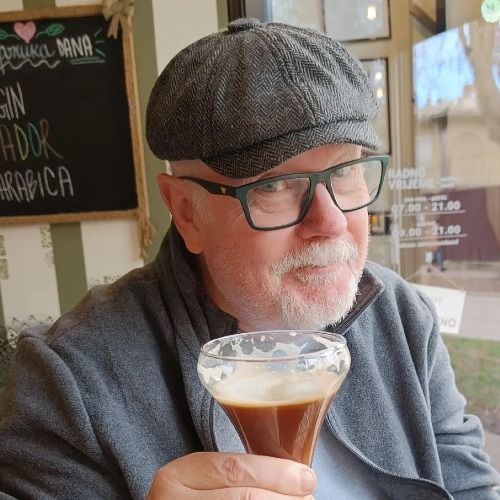full
From Night Soil to Sustainability: Bosnia’s Rural Waste Story
A Morning in Rural Bosnia
The gentle hum of a tractor in the distance, birds calling to one another across the fields, and a soft breeze drifting through the village, that’s how my morning began. Living out here, far from the city’s hustle, means you become closely attuned to every part of daily life, even the parts that don’t make it onto postcards.
A Visit From the Neighbour (and His Tractor)
Yesterday, my neighbour arrived with his trusty tractor. Hitched behind it was a massive cylindrical tank and a pump.
His mission? To empty our septic tank.
Now, I realise this isn’t the sort of opening line you’d expect in a blog post, but bear with me.There’s something oddly fascinating about it!
Night Soil Men of Old England
Watching him work reminded me of an article I read not long ago about how human waste was handled in 17th and 18th century England. Back then, there were brave souls known as “night soil men”.
These men would come under the cover of darkness to shovel out waste from cesspits beneath houses. They’d load it onto carts and haul it away, often selling it to farmers as fertiliser.
It might sound grim (and it was), but these workers were vital to keeping the cities liveable and preventing the spread of disease. Without them, places like London would have been both unbearable and dangerous.
The Ottoman Take on Waste
Meanwhile, across the continent in the Ottoman Empire, including here in Bosnia, they had their own methods. Cleanliness is deeply woven into Islamic tradition, so waste disposal wasn’t just about hygiene; it had a spiritual significance too.
In cities like Istanbul and Sarajevo, waste was collected at night by workers known as “lağımcılar” They’d discreetly remove it and take it beyond the city walls
The fascinating part? Farmers referred to this waste as “altın toprak,” or “gold soil,” because it was so rich and valuable for their fields. Some even bribed collectors to get the best loads first. Imagine that, fighting over waste because it was considered a treasure!
Old Ways in Rural Bosnia
Here in rural Bosnia, things weren’t too different. Simple pit latrines, wooden outbuildings called čardaks, and composting were the norm for generations. While we now have septic tanks and tractors with pumps, the essence remains the same: nothing really just “goes away.”
Standing there in, watching the tank fill up, I felt oddly connected to this long chain of human ingenuity, from London’s night soil men to Ottoman “gold soil” farmers, all the way to my neighbour and his tractor.
Staying Grounded
In modern life, it’s easy to “flush and forget”. But living out here keeps you close to the basics. You stay aware of the cycles that sustain us and the humble, sometimes messy, realities that remind us of our shared humanity.
A Tale to Tell
Next time someone asks me why I’ve chosen this quiet, rural life in Bosnia, far from big-city conveniences and endless pipes, maybe I should tell them about that tractor, the night soil men of old London, and the Ottoman farmers who prized “gold soil.”?
It’s a story that’s a little surprising, slightly humorous, but deeply human. It reminds me that no matter where we live or which century we’re in, we’re all bound together by the same essential needs.
Thank you for tuning in to An Englishman in the Balkans.
If you enjoyed this episode, please consider subscribing to the podcast on your favourite platform so you never miss a new release. And, if you have a moment, a quick rating or review would mean the world. It really helps others discover the show.
📌 I’d also love to hear from you!
Feel free to reach out with any questions, feedback, or ideas for future episodes.
You can send comments, thoughts and suggestions to: questions@anenglishmaninthebalkans.com I reply to every mail!
This is a public episode. If you'd like to discuss this with other subscribers or get access to bonus episodes, visit www.coffeeandrakija.com/subscribe

